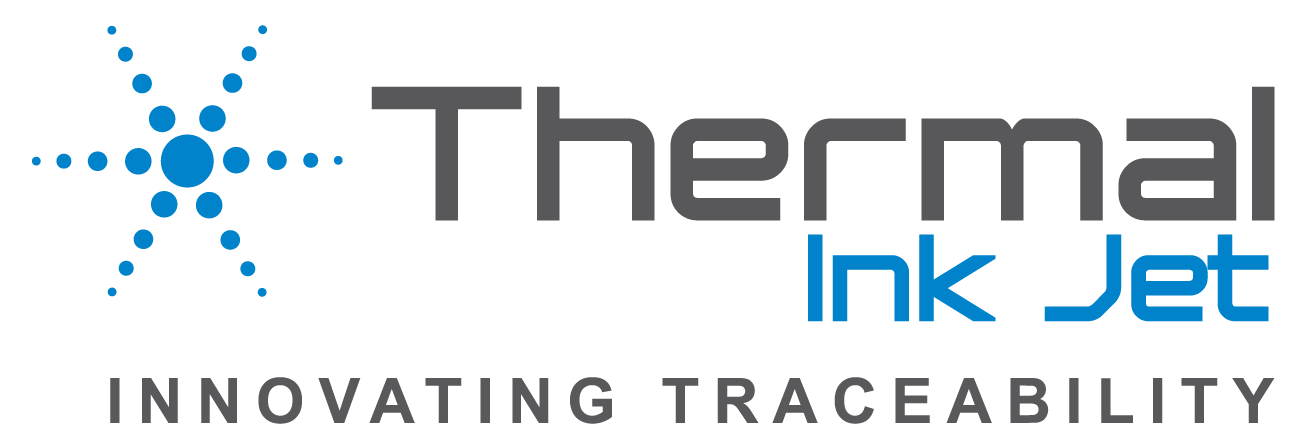Introduction
As global concerns about climate change and ethical manufacturing grow, the Garment Industry is undergoing a transformation toward sustainability.
Traceability is playing a critical role in this shift, enabling brands to ensure that their supply chains are transparent, environmentally responsible, and compliant with emerging sustainability standards. This trend is not only reshaping the way clothes are made but also how consumers engage with the products they buy.
The Role of Traceability in Sustainability
Transparent Supply Chains
Sustainability starts with transparency. Traceability technology, such as QR codes, RFID tags, and blockchain, allows garment manufacturers to track the entire lifecycle of a product, from raw materials to the final product. This ensures that each step of the supply chain adheres to environmental and ethical standards, including responsible sourcing of cotton, wool, or synthetic fibers. By implementing traceability, brands can provide consumers with clear insights into the origin and environmental impact of their products.
Ethical Sourcing and Fair Labor Practices
Consumers are increasingly demanding that the fashion industry uphold ethical labor practices. Traceability solutions make it possible for brands to verify and showcase that their products are being made under fair working conditions. By tracing each garment back to its origin, brands can ensure that suppliers are adhering to standards set by organizations like the Fair Trade Foundation and Ethical Trading Initiative. This builds trust and loyalty among consumers who want to support socially responsible companies.
Circular Economy and Traceability
Reducing Waste with a Circular Economy
The fashion industry is notorious for its contribution to waste and pollution. Traceability helps brands implement circular economy principles, where garments are designed to be reused, recycled, or upcycled. By tracking materials through RFID tags or blockchain, companies can efficiently manage product returns, recycling processes, and remanufacturing efforts. This helps extend the lifespan of garments and reduces the environmental impact of fast fashion.
Enhancing Product Recycling
Traceability makes it easier to recycle clothing by identifying the exact materials used in each product. With detailed information about fabric composition, companies can sort and recycle garments more efficiently. By sharing this information with consumers, brands can promote responsible clothing disposal and encourage participation in recycling programs.
Emerging Regulations and Compliance
EU and US Regulations
Governments are also stepping in to enforce sustainability standards in the garment industry. In the European Union, regulations like the EU Strategy for Sustainable Textiles aim to promote sustainable practices across the textile supply chain. Similarly, in the United States, initiatives such as the Sustainable Apparel Coalition are pushing for greater transparency in the production process. Traceability solutions ensure that brands comply with these regulations by providing real-time data on production and material sourcing.
Global Initiatives for Sustainable Fashion
The rise of international coalitions like the Fashion Pact and the Global Fashion Agenda is driving the global fashion industry toward sustainability. These initiatives call for traceability as a key tool in reducing the industry’s carbon footprint and fostering a more sustainable future. By embracing traceability technology, brands can stay ahead of regulatory changes and contribute to global sustainability goals.
Conclusion
The garment industry is evolving toward a more sustainable and traceable future. With traceability technology, brands can ensure that their supply chains are ethical, transparent, and environmentally responsible. From enabling ethical sourcing and reducing waste through circular economy practices to complying with global sustainability regulations, traceability is helping the fashion industry transform in response to both consumer demands and regulatory pressures. As this evolution continues, traceability will be at the heart of driving positive change in fashion.



